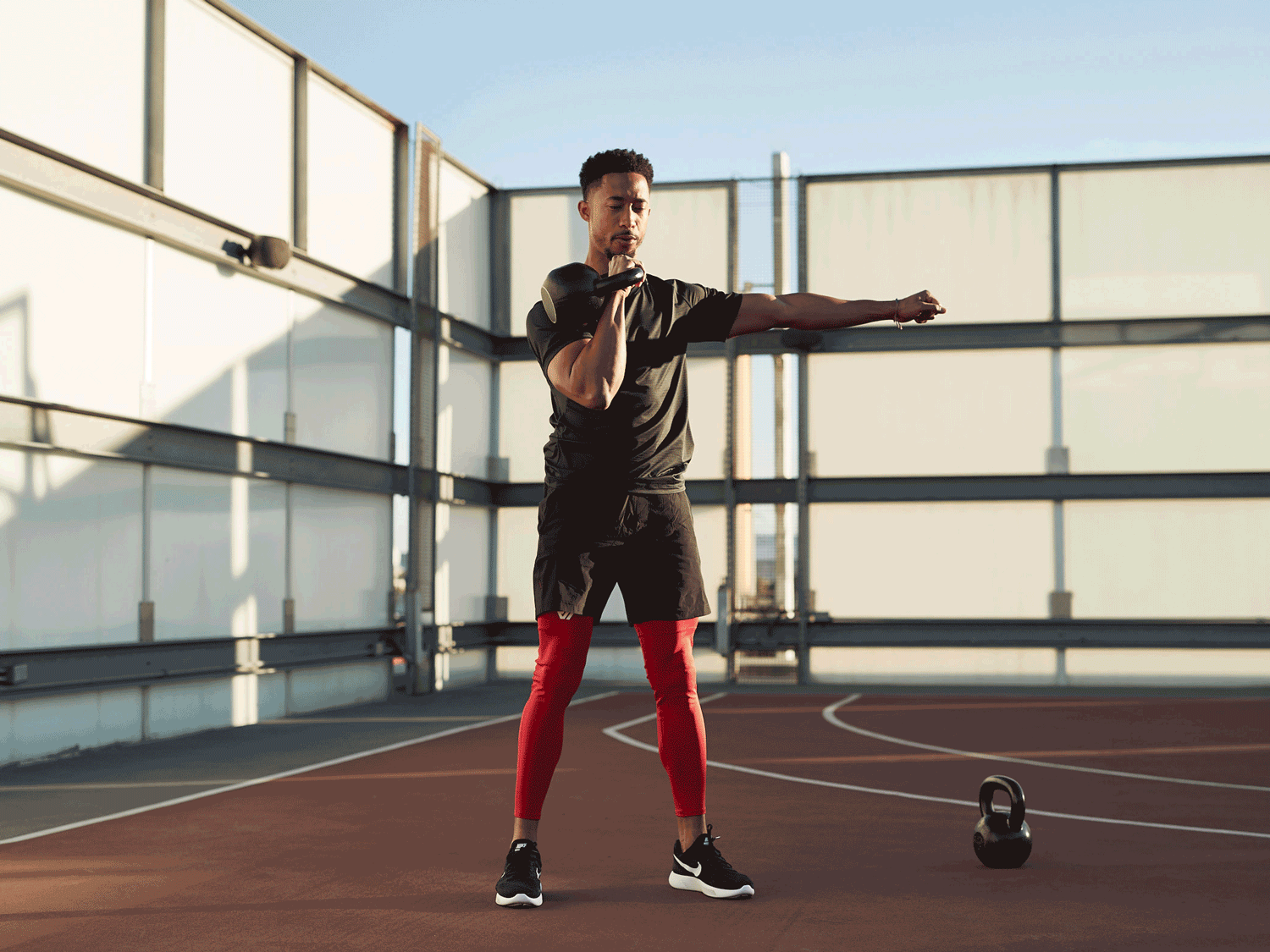Furthermore from Equinox: Cost-Benefit Analysis: Morning Workouts
This story originally appeared on Furthermore from Equinox, the official wellness partner of The Related Life.
The habit: early morning workouts
The costs:
A recent study shows you produce less power during HIIT in the a.m. than you do in the evening. This is in part because you have more energy-giving carbs in your system later in the day, explains Matt Berenc, director of education at the Equinox Fitness Training Institute in Beverly Hills.
Morning workouts often require more time than lunch or evening workouts do because your body has just been immobile overnight. Shaking out those cobwebs requires a longer warm-up if you want to tap your full range of motion, Berenc notes.
Training first thing can also affect your sleep. A 2017 analysis shows that when you exercise at night, you’re more likely to get higher-quality rest.
What’s more, Berenc adds, early exercisers often skimp on the recommended eight hours (a non-negotiable in terms of optimal performance and recovery) when their bedtimes don't account for early alarms.
The benefits:
Your body’s increased ability to use fat for fuel in the morning makes you better equipped to handle endurance workouts, says Anthony Hackney, Ph.D., professor of exercise physiology and nutrition at the University of North Carolina at Chapel Hill.
There are a couple reasons for this benefit. First, a.m. sessions are often fasted, which forces you to pull from fat stores. Second, cortisol helps you metabolize fat, and your levels are highest when you wake up.
Training in the morning also boosts your metabolism more so than evening workouts do because your body has several hours to benefit from post-exercise oxygen consumption (EPOC), Berenc says. In turn, you’ll burn extra calories. The effects are stronger during the day than they are overnight since EPOC speeds digestion and helps you use energy from food more quickly.
Speaking of food, it's a misconception that you'll eat more after starting your day with a workout. Studies show the habit leads to fewer indulgences.
The benefits are more than physical. Research published this year found that exercising at 7 a.m. helps you feel more alert from morning to night than sessions logged at 4 a.m., 10 a.m., 7 p.m., or 10 p.m. do. You'll also make smarter, healthier decisions for the day thanks to the endorphin-induced mood boost, Berenc says.
The final analysis:
Above all else, you should train when you feel most engaged and motivated since both elements are key to long-term success, Hackney notes.
That said, you can optimize your performance with strategic planning. For muscle gain and power production (say, during HIIT or if you're trying to reach a new one-rep max), exercise in the afternoon or evening. To glean the benefits of lower body fat, endurance, and alertness, morning sessions are ideal, Berenc says.
To get the most from an a.m. workout, he suggests having caffeine 30 minutes beforehand, then warming up for 15 minutes with mobility work.
This story originally appeared on Furthermore from Equinox, the official wellness partner of The Related Life.
